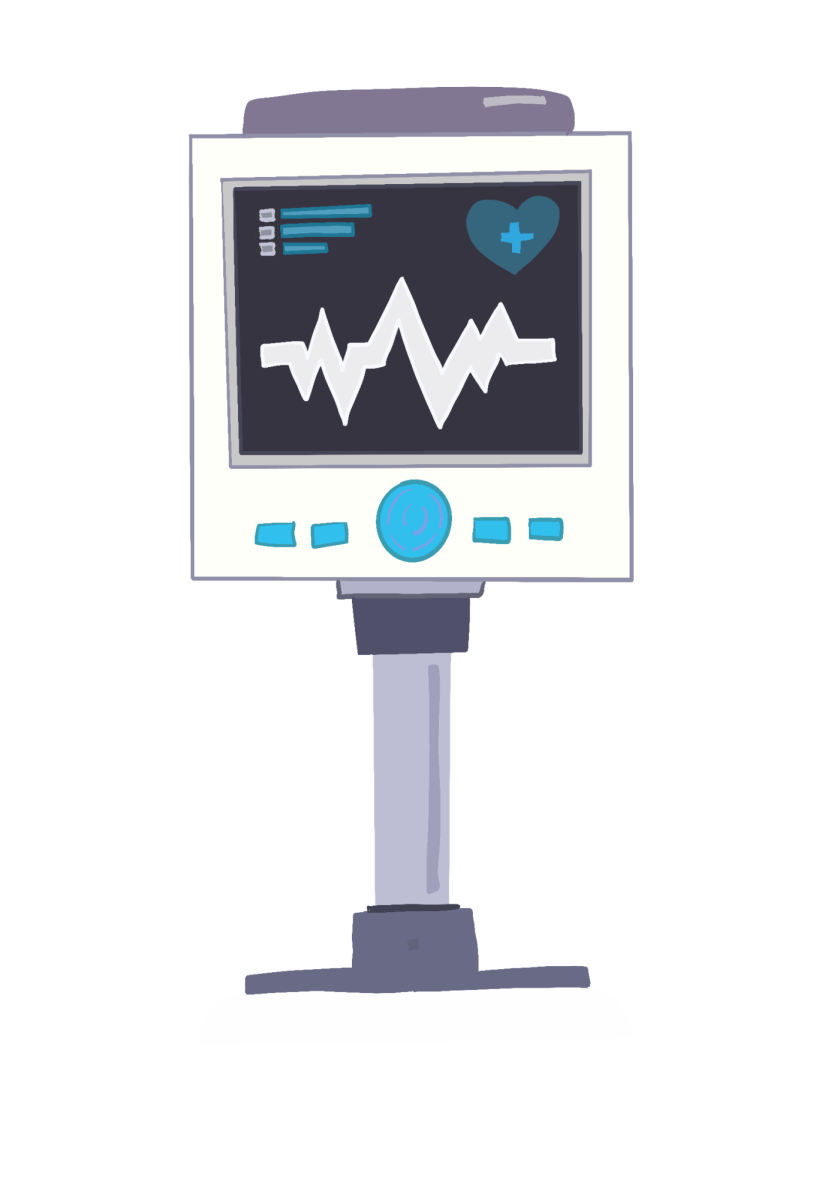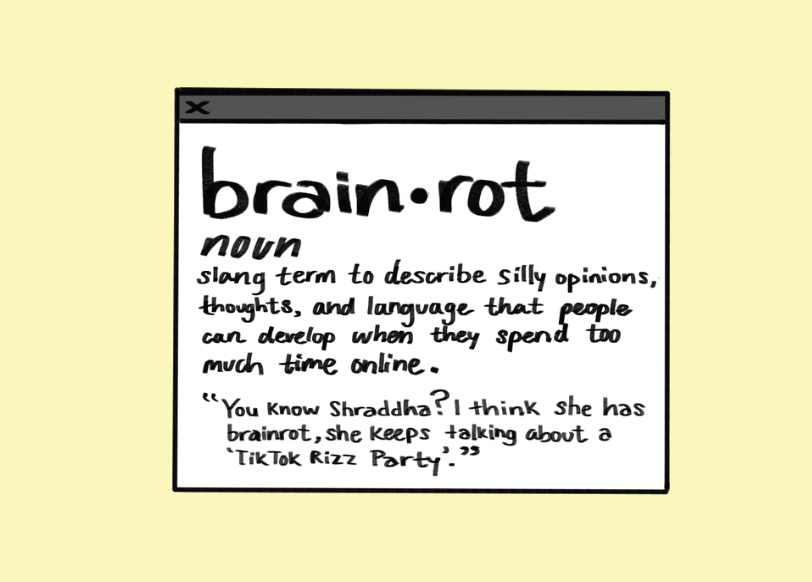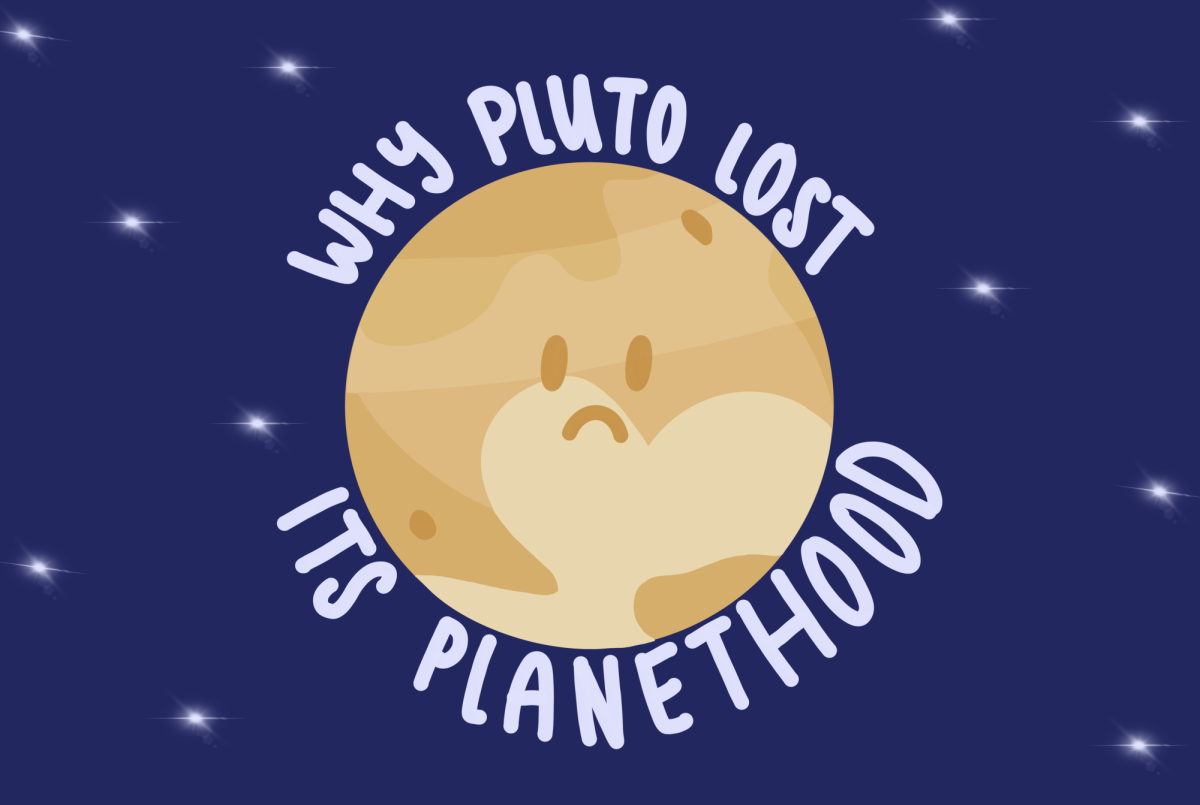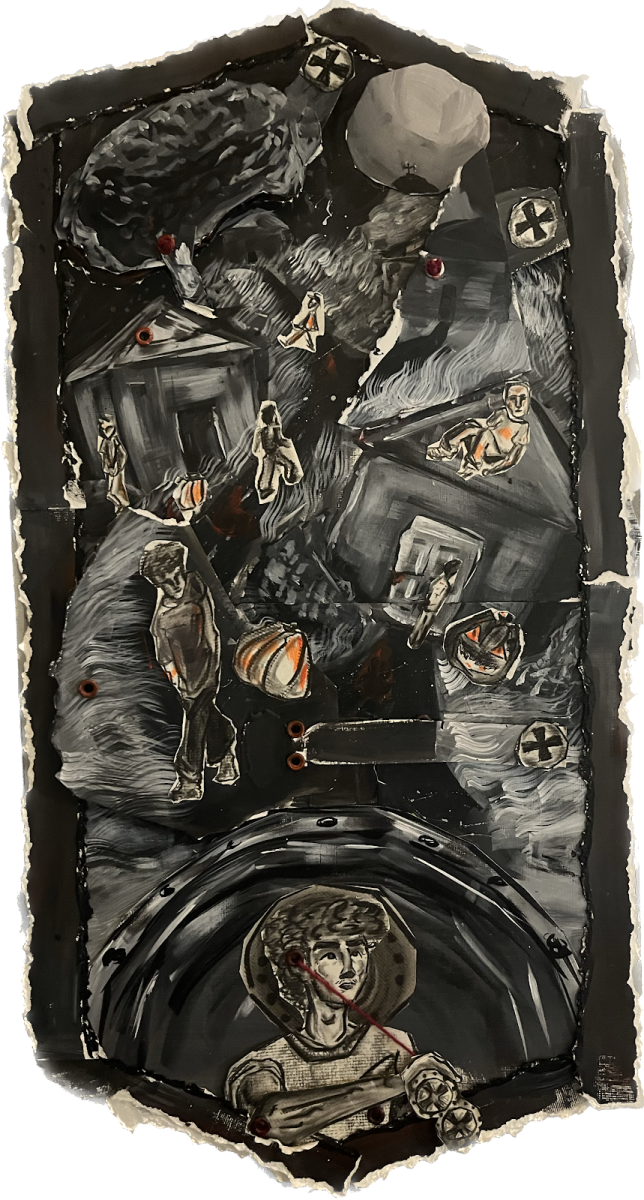The morality of medically assisted suicide has been an ongoing debate that wrestles with the definition of ethical practices. Assisted suicide in the medical world is when a physician fulfills the request of a terminally ill patient by supplying them with a lethal drug dose with the knowledge of their intent on ending their life. The practice is currently only legal in 10 U.S. states (including California), Canada and countries in Europe and Australia, but the stigma surrounding it has presented an ethical dilemma of whether or not it is right for medical professionals to administer such practices.
Medical Aid in Dying, or MAiD, has often been confused as a medical professional actively killing a patient. This is where issues arise about how the practice goes against the ethical principles of preserving human life that people in the medical field abide by, whether it is consensual or not. What many fail to understand is that the patient has full autonomy over the situation as there is a difference between MAiD and euthanasia. Euthanasia is when a medical professional has full control over the situation and supplies the drugs to the patient directly rather than allowing them to do it themselves. This way, the physician both provides the means of death and administers it. In contrast, with “MAiD,” the physician presents the patient with the option of taking their life by prescribing medication, but ultimately it is the patient’s own conscious decision whether to use the drug or not.
MAiD should be considered a fair practice precisely because it is not only consensual but also merciful. Allowing terminally ill individuals to have agency over their own end-of-life decisions respects their autonomy while acknowledging their right to die with dignity. For many patients facing debilitating pain and suffering with no hope of recovery, the option of MAiD offers a compassionate way to alleviate their pain and control the timing and manner of death. It provides patients with a sense of empowerment in an otherwise powerless and distressing situation by allowing individuals to say goodbye to loved ones on their own terms and spare them from witnessing prolonged suffering. In this sense, MAiD can be seen as an act of mercy, by allowing individuals to retain a sense of control and dignity in their final moments.
The ongoing debate surrounding medically assisted suicide takes on the ethical complexities of end-of-life care. Despite concerns about conflicting with the medical ethos of preserving life, MAiD ensures that patients have the final say in their end-of-life decisions, and should therefore be a justifiable practice.





















